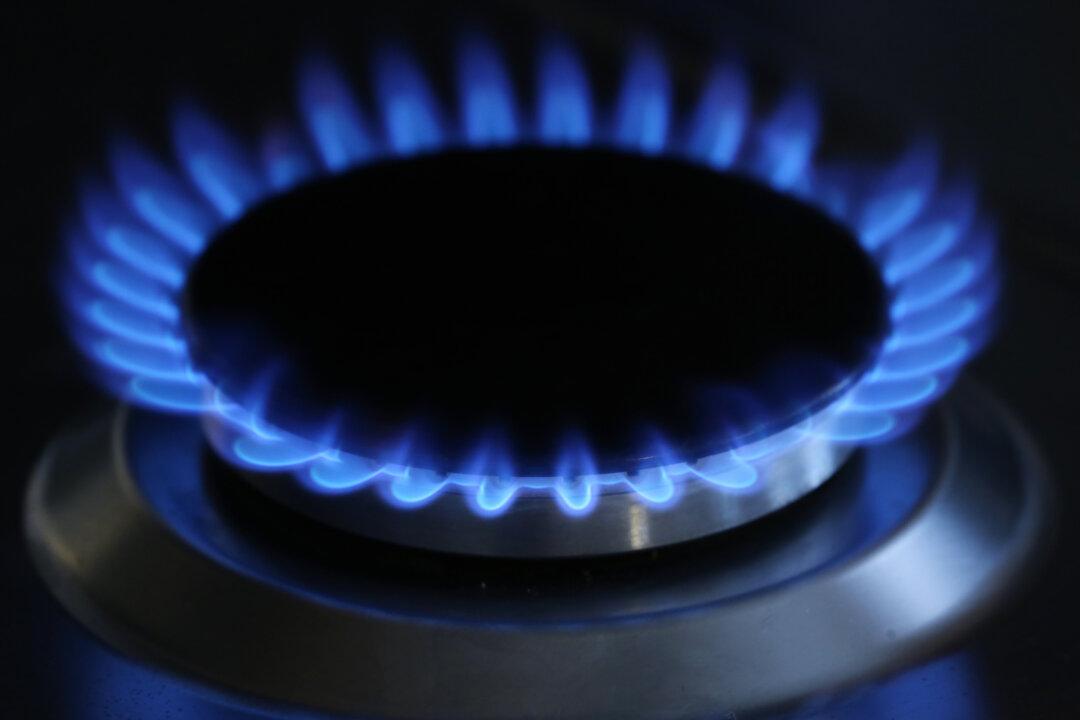British households will be facing a “significant rise” in energy prices as the price cap is set to be raised next spring, the head of the UK’s energy regulator said on Friday.
Ofgem chief executive Jonathan Brearley said the price cap, set by the regulator to control the cost of gas and electricity, will be raised by a significant margin in April.





